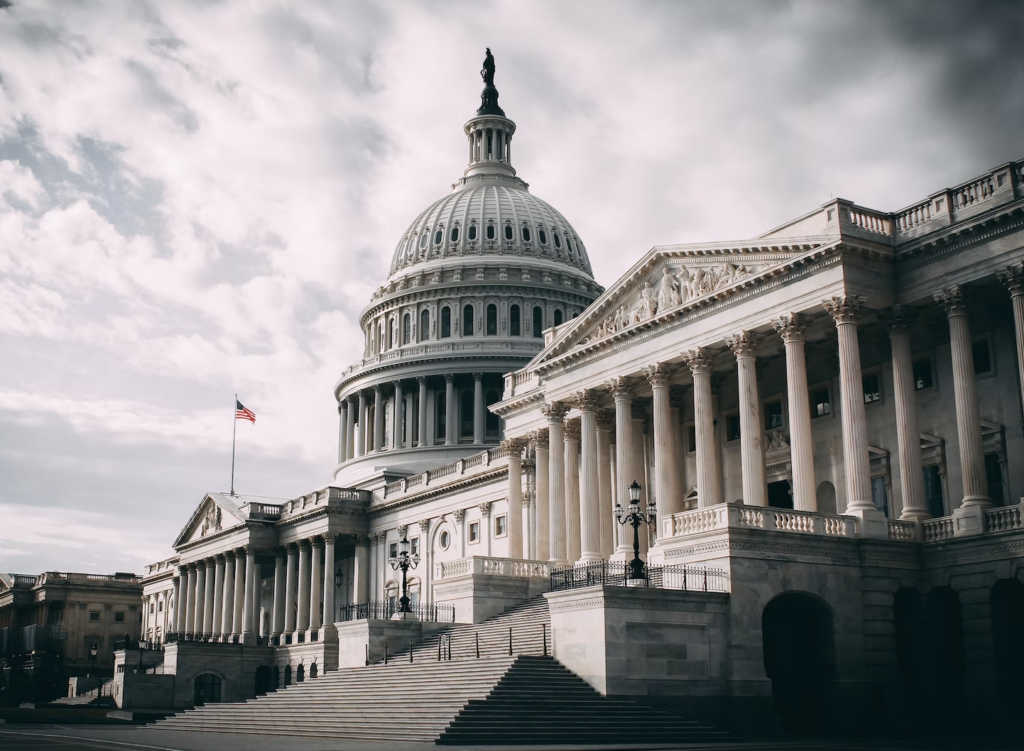United States At Imminent Risk Of Total Government Shutdown?
This article is more than 2 years old

It’s a song that as Americans we have unfortunately, we have become all too familiar with hearing over the last couple of decades. When the first notes ring out, we ask ourselves, how are we at these crossroads again? Nonetheless here we are facing another Congressional deadline to reach an agreement on funding for our government to avoid another governmental shutdown.
A few short years ago in late 2018 and early 2019 was the last time a government shutdown occurred. It happened because Congress couldn’t agree about raising the debt ceiling. During the 35-day closure, we saw a whopping 18 billion dollars in Federal spending be delayed which sent ripple effects through our economy. According to CNN Business, “gross domestic output during the first quarter of 2019 was down by 0.2%, according to the Congressional Budget Office. Fourth-quarter 2018 GDP was also hurt by 0.1%.”
The potential of a government shutdown right now could have disastrous implications considering the health of our economy is on shaky footing. The possible economic recession that analysts are forecasting to be arriving soon in combination with the economic recovery from the pandemic, which saw massive job losses and major disruptions to the global supply chain could be catastrophic. S&P Global Ratings estimates that it would cost the United States economy $1.8 billion per week if a government shutdown were to occur.
The shutdown of the government will also affect the government’s attempts to curb inflation, which has been steadily rising over the last year. That pressure will occur because government workers would eventually see their paychecks even though they were not productive. Last Thursday Democrats unveiled a deal that would keep the government funded until mid-February but at the time of this article, it still was not clear whether that agreement would avoid the anticipated shutdown this Friday.
One of the top concerns is going to be the impact within our US Customs department because many of our key ports of entry for goods have been strained by the lingering effects of the pandemic. A government shutdown would delay their ability to process mandatory paperwork to continue to keep cargo moving through those ports. This will further compound our ability to get our supply chain issues prolonging their eventual resolution.
As much as a government shutdown is a concern now an even larger problem will manifest itself if Congress does not meet upcoming key deadlines to raise the debt ceiling. Beth Ann Bovino the S&P’s chief US economist was quoted by CNN Business stating, “A shutdown would be a nuisance. If we’re swimming in the ocean, it’s a minnow as opposed to the debt ceiling, which is a shark.” The United States Treasury Secretary Janet Yellen thinks that not raising the debt ceiling would undermine the entire economic recovery effort and she feels that it is uncertain whether the government would be able to pay its bills after December 15th.
Turning the government on and off is not as easy as just flipping a light switch. There are impacts and ramifications that not only take a toll on our economy but also take a toll on our citizen’s mental well-being and confidence in our country’s stability. It is not the present we as Americans wanted under the tree this year when considering the last two holiday seasons were disrupted by the pandemic, but this is the spot we find ourselves in, and as we have in the past, we will be resilient to weather this situation.





